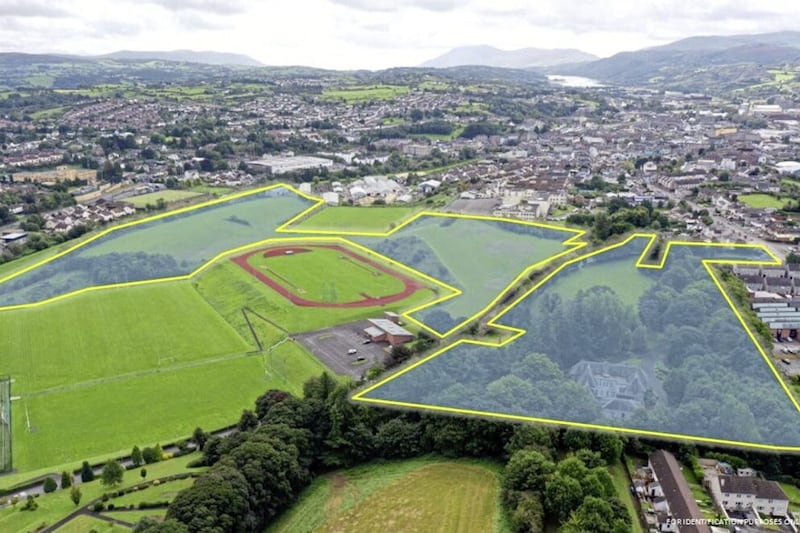AS we move into both a new decade and a fresh round of political talks at Stormont, the specific issues which need to be resolved have by this stage been comprehensively documented.
The petition of concern mechanism, which was designed to protect minority rights, has instead been allowed to develop into a veto, and clearly should be reviewed.
Unelected special advisers were regularly able to effectively exercise more influence than Executive ministers, and their role must additionally be clarified.
There is also an overwhelming case for some form of language legislation, along the lines of the straightforward measures which were implemented in Scotland and Wales decades ago.
However, while all these questions are fully capable of being addressed on an individual basis, the overall priority must surely be developing a basic level of respect between the main parties.
While identifiable disputes finally brought down the power-sharing institutions three years ago, it was the lack of proper relationships across the board which made them vulnerable in the first place.
The Renewable Heat Incentive debacle summed up much of what was wrong with the devolved structures, but it would never have reached the level which eventually necessitated a public inquiry if reasonable lines of communication had been maintained along the way.
What is required is a concerted attempt to observe not just the letter but at least equally importantly the spirit of the Good Friday Agreement.
The 1998 breakthrough represented an acceptance between representatives of all shades of political opinion that significant progress could only follow if they worked positively together.
No-one ever underestimated the difficulties facing key figures who came from different traditions, but they came to realise that the democratic process was at its strongest when they found ways of displaying shared values.
The joint visit by David Trimble and Seamus Mallon to Poyntzpass after a shocking gun attack in the Co Armagh village in March 1998 helped to create the climate in which the agreement was signed a matter of weeks later.
When Peter Robinson and Martin McGuinness stood together with the then chief constable Hugh Orde after the murder of Constable Stephen Carroll in 2009, it sent out an equally powerful message to the entire community.
The matters which divide the delegates who are due to gather at Stormont tomorrow are much less serious by comparison, and voters have already delivered a firm signal that they want an accommodation to be found without further delay.







